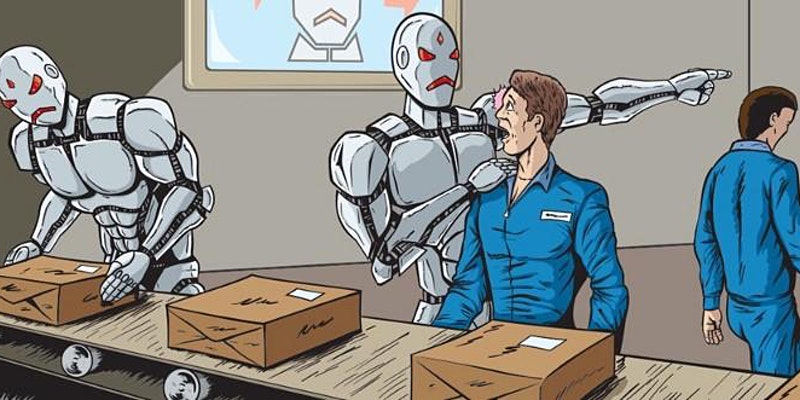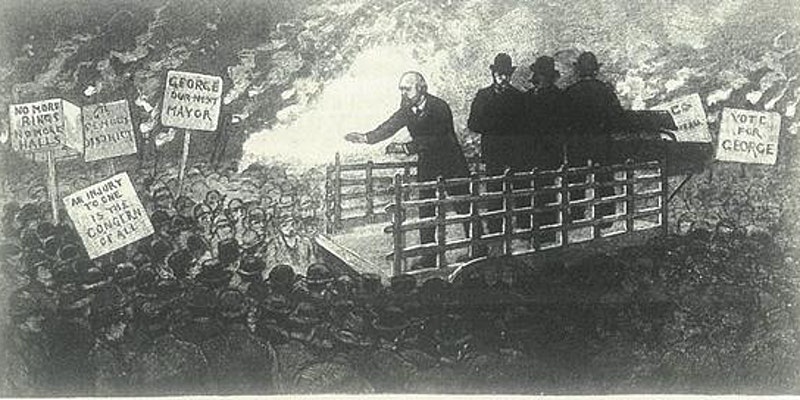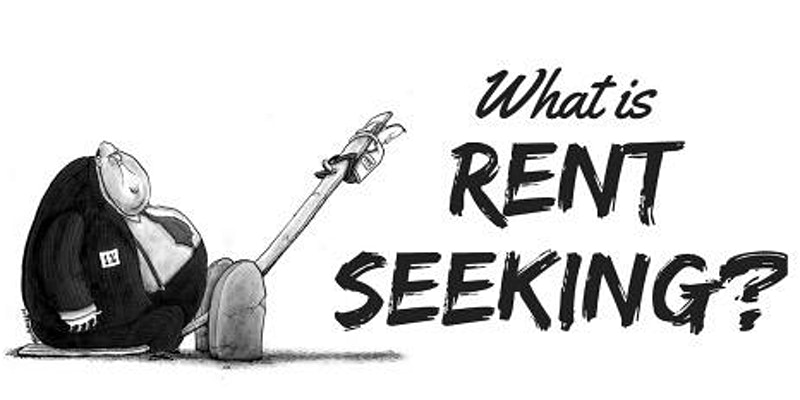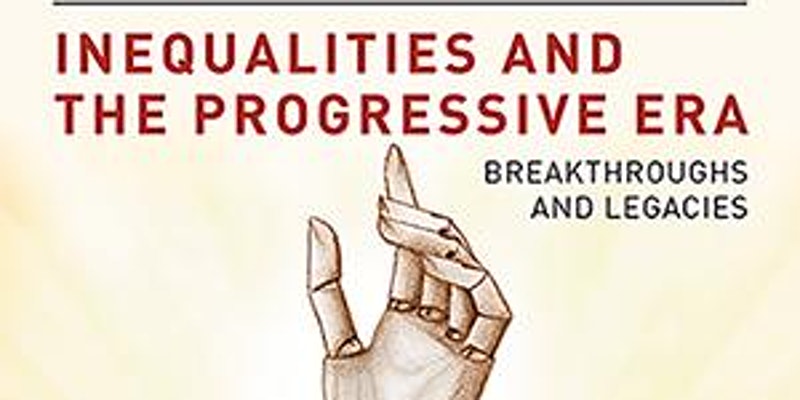Artificial Intelligence and its Impacts on the Workforce
Seminar

ARTIFICIAL INTELLIGENCE AND ITS IMPACTS ON THE WORKFORCE
There is an ongoing debate around the impact of AI (Artificial Intelligence) on future workforce needs both in the US and Globally. Some futurists have stated extremist predictions quoting devastating job losses due to upcoming automation. Many Economists feel that policies need to buffer this (i.e., UBI/Job guarantee to bridge the gap). Others believe market forces will lead individuals to re-skill on their own and move towards new jobs created in a reshaped economy supported by greater levels of automation. The panel will define AI, its current and future technical landscape, explore the transformational processes required within organizations and the economy to move us from where we are into this future, and finally explore the relationship of these new technical environments with the proven views of Economic behaviors as defined by Henry George and other Economists.
Date: Wednesday January 13th, 2021
Time: 6:30PM to 8:00PM
Our panelists:
Siddhartha (Sid) Dalal
Siddhartha (Sid) Dalal is a Professor of Professional Practice at Columbia University. Prior to Columbia he was Chief Data Scientist and Sr. VP at AIG in charge of R&D that included creation and application of AI, Statistics and CS to Computer Vision, Natural Language Processing and Sensors/IOT for managing risks. He came to AIG from RAND Corporation where was the CTO. Sid also was VP of Research at Xerox overseeing their worldwide imaging and software services research, and Bell Labs and Bellcore/SAIC as Chief Scientist and Executive Director. Sid has an MBA and a Ph.D. from the University of Rochester with over 100 peer reviewed publications, patents and monographs covering the areas of risk analysis, medical informatics Bayesian statistics and economics, image processing and sensor networks. At Rand he was responsible for the creation of technology and spinning off of Praedicat, Inc., a casualty insurance analytics company. Sid is a member of US Army Science Board, an advisory board of 20 scientists appointed by Secretary of Defense to advise US Army on technology. He has received several awards including from IEEE, ASA and ASQ.
James Cusick
James Cusick is an IT professional and multidisciplinary applied researcher. He has published over 80 papers and articles and 2 recent books . James began his research in Organizational Psychology but made his career in Computer Science. He has also pursued other topic areas of late including the History of Science and Political Economy. In each area, James has demonstrated a passion for scholarship. His publications have received nearly 300 citations. James continues to explore each of these subject areas in parallel as time and interest allows. James is also a trustee at the Henry George School of Social Science. He recently developed a Land Value Calculator to help researchers and policy makers estimate land values in the United States.
Marty Rowland, Ph.D
Marty is an environmental engineer whose professional, academic, and personal life is dedicated to social justice. A Georgist scholar mentored by emeritus professor Daniel W. Bromley (University of Wisconsin-Madison), Marty lectures and writes about land value taxation from an institutional-capitalist economic point of view. Academic credits cover the fields of pollution-remediation engineering, ecosystem science, natural resource economics, and infrastructure management. Author or two ASTM standards, on the beneficial use of solid waste landfills and urban infrastructure. Credentials include licensed, professional engineer (PE), certified hazardous material manager (CHMM), certified permaculture designer, and passive house designer. Recent papers include Cooperative Economics, Endogenous Resilience, Resilient Governance, and the Economics of COVID-19. Marty is a trustee at the Henry George School Science where he regularly teaches courses in political economy.
A link to join the online seminar will be provided via email before the start of the webinar.
Seminar





